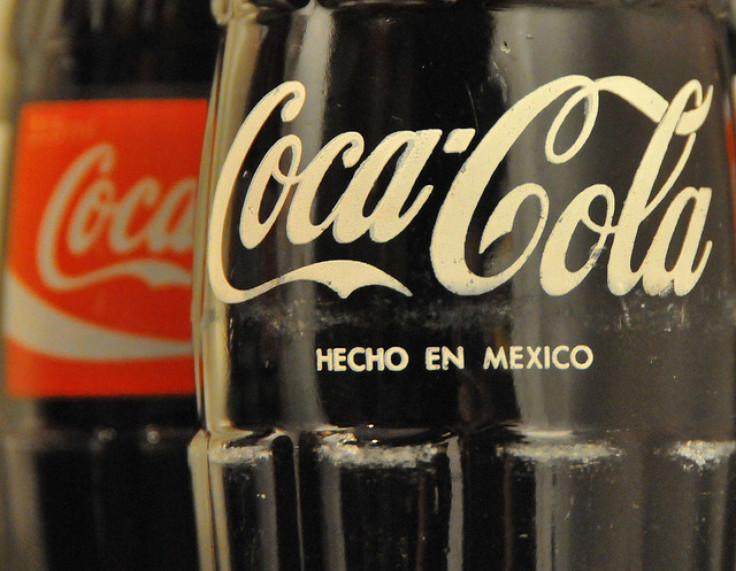Mexico's Soda Tax Might Make Coca-Cola Bottlers Switch From Real Cane Sugar To Corn Syrup

Mexico’s recently approved tax reform has brought at least one unintended consequence, affecting the world's most widely sold soft drink.
The much-debated soda tax, which will impose a 1 peso (8 cents of dollar) surcharge on all soft drinks as a measure to fight obesity, might make Mexican-based producers for the Coca-Cola Company (NYSE:KO) seek cheaper costs in order to keep the retail price down. And that might mean that they will push away from the key ingredient that has made “Mexicoke” such a hit in the U.S.: cane sugar.
Mexican Coke has been a cult product in the northern neighbor for years. Its enthusiasts claim that it tastes better than the American counterpart, due to the natural cane sugar used instead of high-fructose corn syrup. The ingredient is also the reason Mexicoke is the only soft drink sold at organic grocery stores nationwide, making it the drink of choice of health-conscious Americans and hipsters alike.
But this devotion to the drink might end if, as warned, Mexico’s Coca-Cola makers step away from cane sugar and substitute it with the cheaper corn syrup, as Arca Continental, the second-largest bottler of Coca-Cola in Latin America, told analysts on an earnings call. “It is a very important part of the savings that we are foreseeing now,” said Francisco Garza, spokesperson for the company.
Should Mexicoke change, it remains to be seen what consequences it would have outside Mexico. U.S. Coke steadily cut the amount of real cane sugar in the early 1980s, and by the middle of the decade most bottlers had switched over to corn syrup.
Latin American bottlers have some liberty in choosing how to mix up the soda. The largest bottling company in Latin America, FEMSA, said that raw sugar, refined sugar and syrup are used and accepted as sweeteners in the recipe. Colombia, for instance, uses raw sugar; Argentina, on the other hand, uses corn syrup.
© Copyright IBTimes 2024. All rights reserved.











